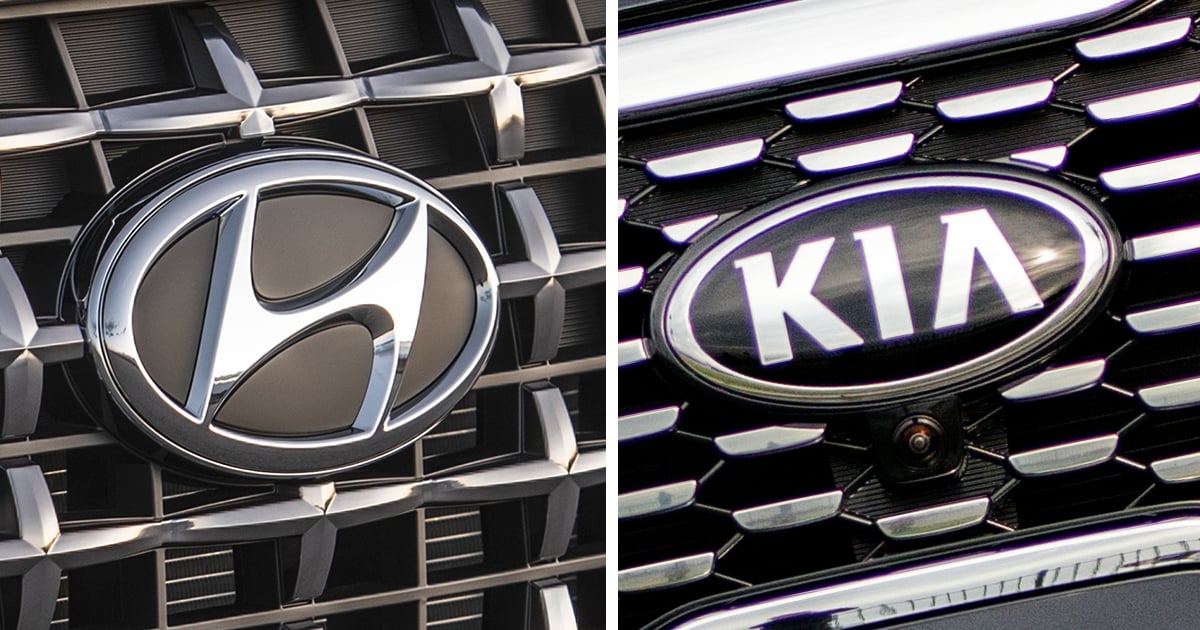
The software fix developed by Hyundai and Kia to help protect vehicles it sold without immobilizers from being easily hotwired does not solve the problem for litigants in class-action lawsuits across the U.S. whose cars have already been stolen, one of the plaintiffs’ attorneys told Automotive News.
Matt Van Fleet, a senior trial attorney with MLG Attorneys at Law in California, who represents clients in a class-action lawsuit on the issue, called the move “commendable” but not enough to stop the litigation across the country.
“We’re thankful that Hyundai and Kia are recognizing that there’s a problem, but the bell’s already been rung,” Van Fleet said.
“The fix does nothing to address the thousands of dollars that our clients have had to dole out to repair the damage caused to these vehicles after they’ve been stolen, if they’re able to recover their cars at all,” he said.
Litigants are claiming Kia and Hyundai must pay for the economic losses they suffered when their vehicles, which were not equipped with engine immobilizers, were stolen as the result of a social media-driven crime wave.
A spokesperson for Hyundai told Automotive News the company is committed to the security of its customers and plans to continue its ongoing support of the communities affected by this theft issue. But he did not comment directly on whether the automaker would address the damages caused to consumers who claim their vehicles have already been stolen.
The class-action lawsuit, Van Fleet said, also addresses the loss of value to the affected cars. Even if the vehicles are recovered, they are now “stigmatized,” and owners are unable to sell them on the open market, he said.
An estimated 8.4 million Hyundai and Kia vehicles on the road lack engine immobilizers.
Many of the affected cars are also now uninsurable. Insurance giants State Farm and Progressive recently said they would not write new policies for certain Hyundai and Kia vehicles in regions where theft was rampant.
Van Fleet said that move by insurers was likely the motivation behind Hyundai and Kia issuing the fix.
“They’ve known about this defect for quite a while now, and they’ve done nothing to address the problem,” he said. “It’s only been until the cars have been dropped from insurance companies that they’ve stepped in and announced a fix.”
The class action was filed in the Central District of California and is now part of a multidistrict litigation, or MDL. An MDL consolidates independent lawsuits spanning multiple federal courts that rely on common facts and seek similar damages.
The cases in the MDL have been transferred to Orange County, where pretrial proceedings can take place closer to the automakers’ U.S. headquarters. Currently 16 cases comprise the MDL. The judge has not formally assigned a lead attorney for the case.
“There are a number of cases around the United States,” Van Fleet said. “As time progresses, we’re going to see more of them added to this consolidated case in Orange County,” he said.
“As more cases come on, the pressure is going to be put on Hyundai and Kia to come to the table with some meaningful settlement,” Van Fleet said. “And we would like to see that to happen within a year or two.”